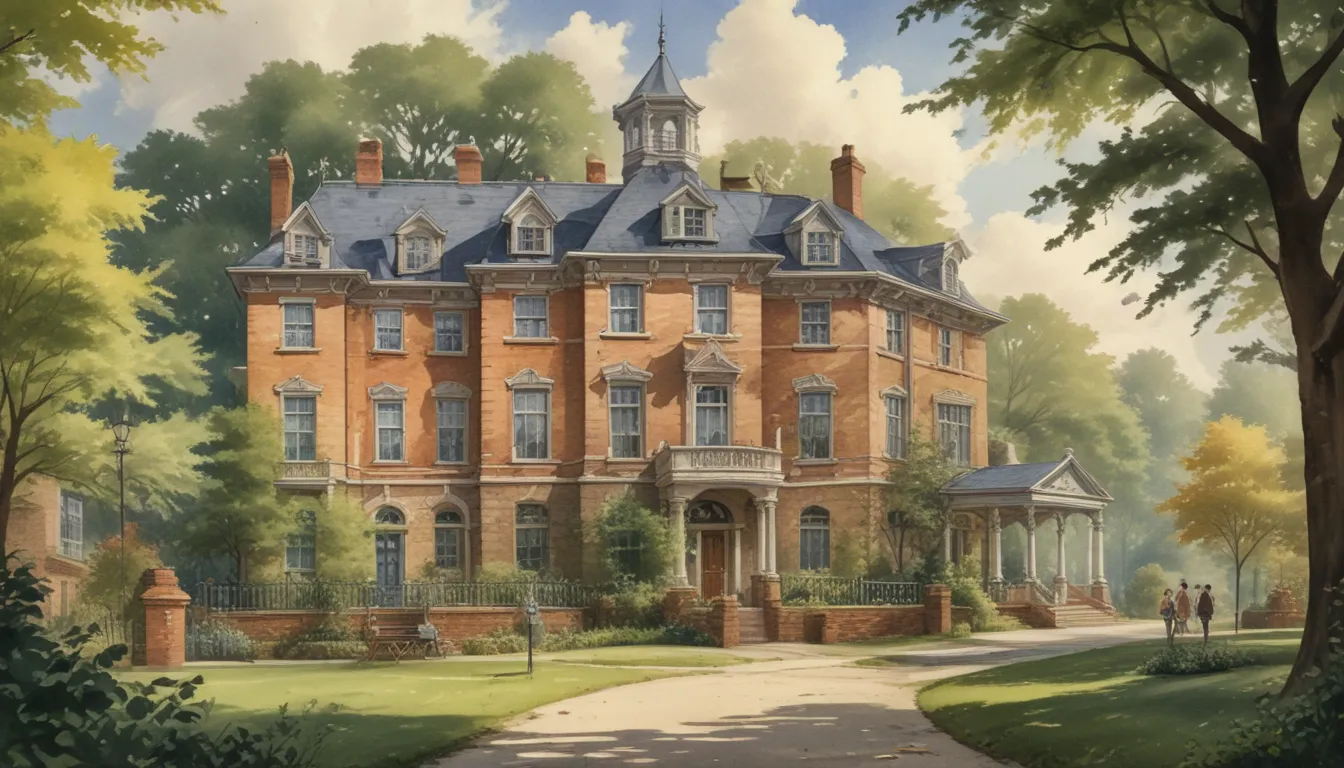The images in our articles are for illustrative purposes only and may not exactly match the content. They are intended to capture your interest and complement the text, not to replace it.
Are you curious about what sets Historically Black Colleges and Universities (HBCUs) apart and why they are so integral to American history and culture? Get ready to embark on a journey through the world of HBCUs, where heritage, innovation, and empowerment converge to shape leaders, thinkers, and changemakers. Discover 25 remarkable HBCU facts that will not only impress but also inspire you, whether you’re a prospective student, an alumnus, or simply a trivia enthusiast. Let’s delve into the rich tapestry of achievement and pride that defines these esteemed institutions.
Understanding the Legacy of HBCUs
Historically Black Colleges and Universities (HBCUs) are higher education institutions in the United States that were established before the Civil Rights Act of 1964 with the primary aim of serving the African American community. These schools offer a unique blend of culture, community, and education, creating a distinct presence in the landscape of American higher education.
Unveiling the Origins of HBCUs
- Cheyney University of Pennsylvania, founded in 1837, stands as the first HBCU, predating the abolition of slavery in the United States. This makes Cheyney University not only a pioneer in African American education but also one of the oldest institutions for Black individuals in the country.
- HBCUs emerged with the mission of providing African Americans access to education and professional training during a period marked by restrictive racial segregation laws.
The Vibrancy of HBCUs Today
- Currently, there are 101 HBCUs in the United States, encompassing public and private universities, medical schools, and community colleges.
- Despite constituting only about 3% of the nation’s colleges and universities, HBCUs have produced a significant percentage of Black judges, doctors, lawyers, and STEM graduates, underscoring their pivotal role in diversifying fields historically lacking minority representation.
Celebrating Notable Alumni
Many influential African Americans have graduated from HBCUs, including Vice President Kamala Harris (Howard University), civil rights icon Martin Luther King Jr. (Morehouse College), and media magnate Oprah Winfrey (Tennessee State University).
Embracing HBCU Culture and Community
- HBCUs are renowned for their dynamic campus life, steeped in unique traditions, vibrant homecoming events, and acclaimed marching bands that capture national attention.
- Greek life at HBCUs plays a significant role in student involvement, with fraternities and sororities affiliated with the National Pan-Hellenic Council fostering community service and leadership development.
Navigating Financial Realities
- HBCUs often offer more affordable education compared to other institutions, expanding access to higher education for African American students.
- However, financial challenges persist for HBCUs, including disparities in endowments and funding that can impact facility expansion and updates.
Advocating for Government Support
- Recognizing the vital role of HBCUs, the federal government has increased funding and resources to bolster their mission.
- Initiatives such as grants for infrastructure enhancements and scholarships for students aim to strengthen HBCUs and ensure their sustainability.
Fostering Innovation at HBCUs
- HBCUs serve as hubs of innovation and research, making significant contributions to scientific studies, particularly in areas impacting the African American community.
- Collaborations with businesses and other universities drive advancements in technology, healthcare, and social sciences, enhancing the academic landscape.
Envisioning the Future of HBCUs
- Amid a diversifying United States, HBCUs continue to play a pivotal role in promoting higher education and leadership among African Americans.
- Recognized for their contributions to society and the economy, HBCUs are poised for growth and enduring influence in shaping forthcoming generations of leaders.
In conclusion, HBCUs epitomize pillars of education, culture, and empowerment for African American communities. Beyond academic excellence, these institutions cultivate environments where students thrive within supportive networks, cultural legacies, and robust communities. HBCUs serve as crucibles for leaders, innovators, and catalysts for change. By embracing and championing these institutions, we uphold their legacy of empowerment and progress, ensuring a brighter, more inclusive future for all.






